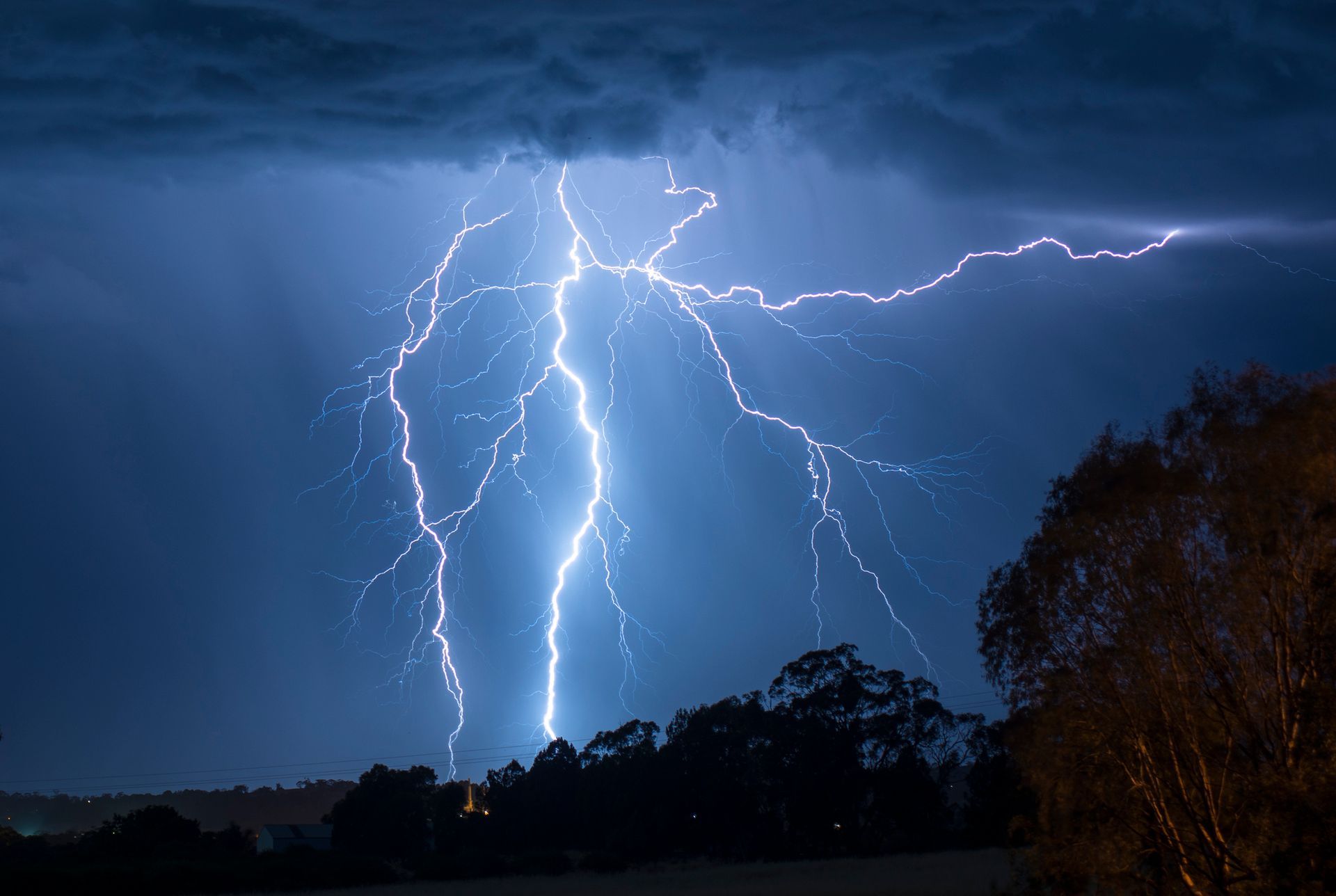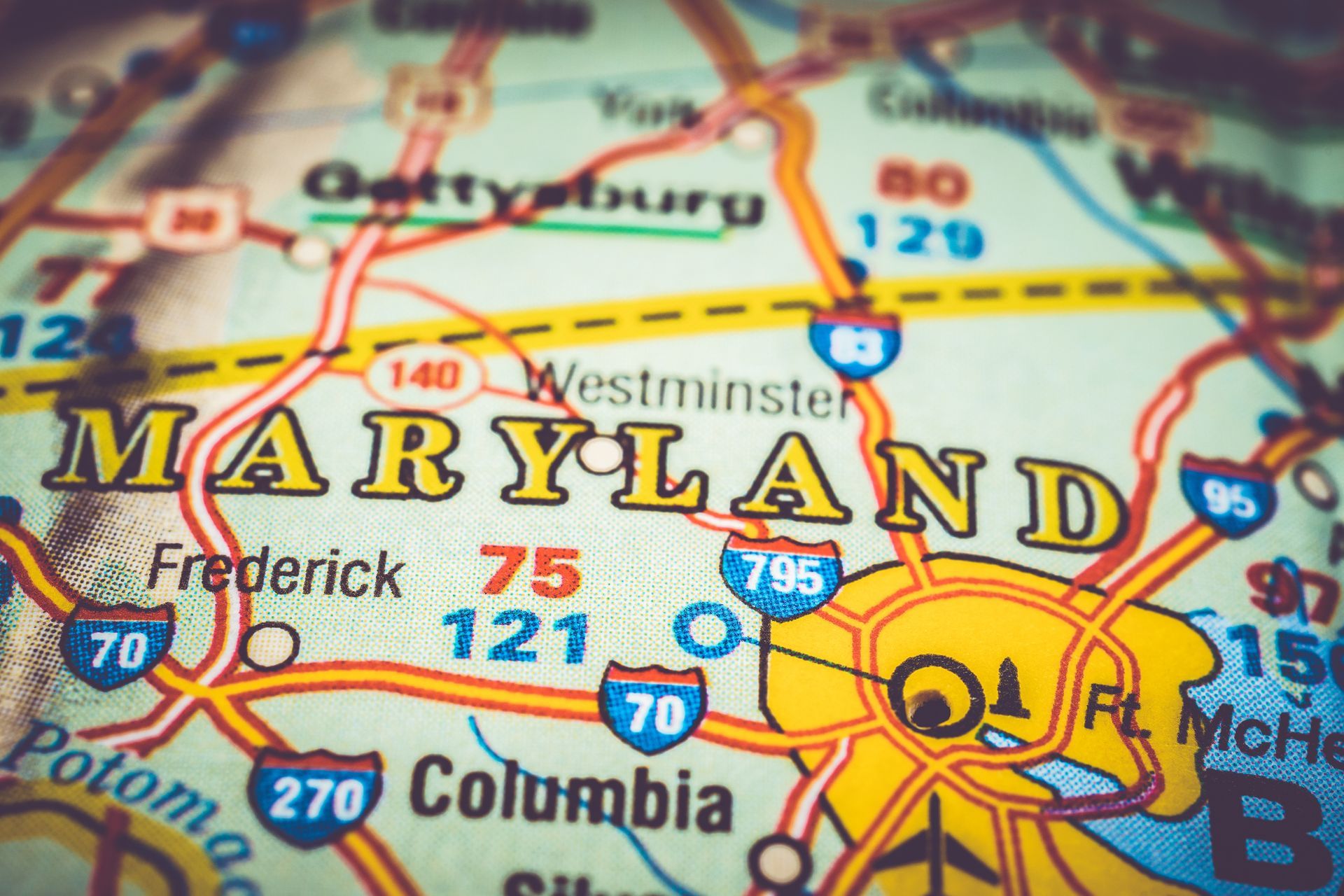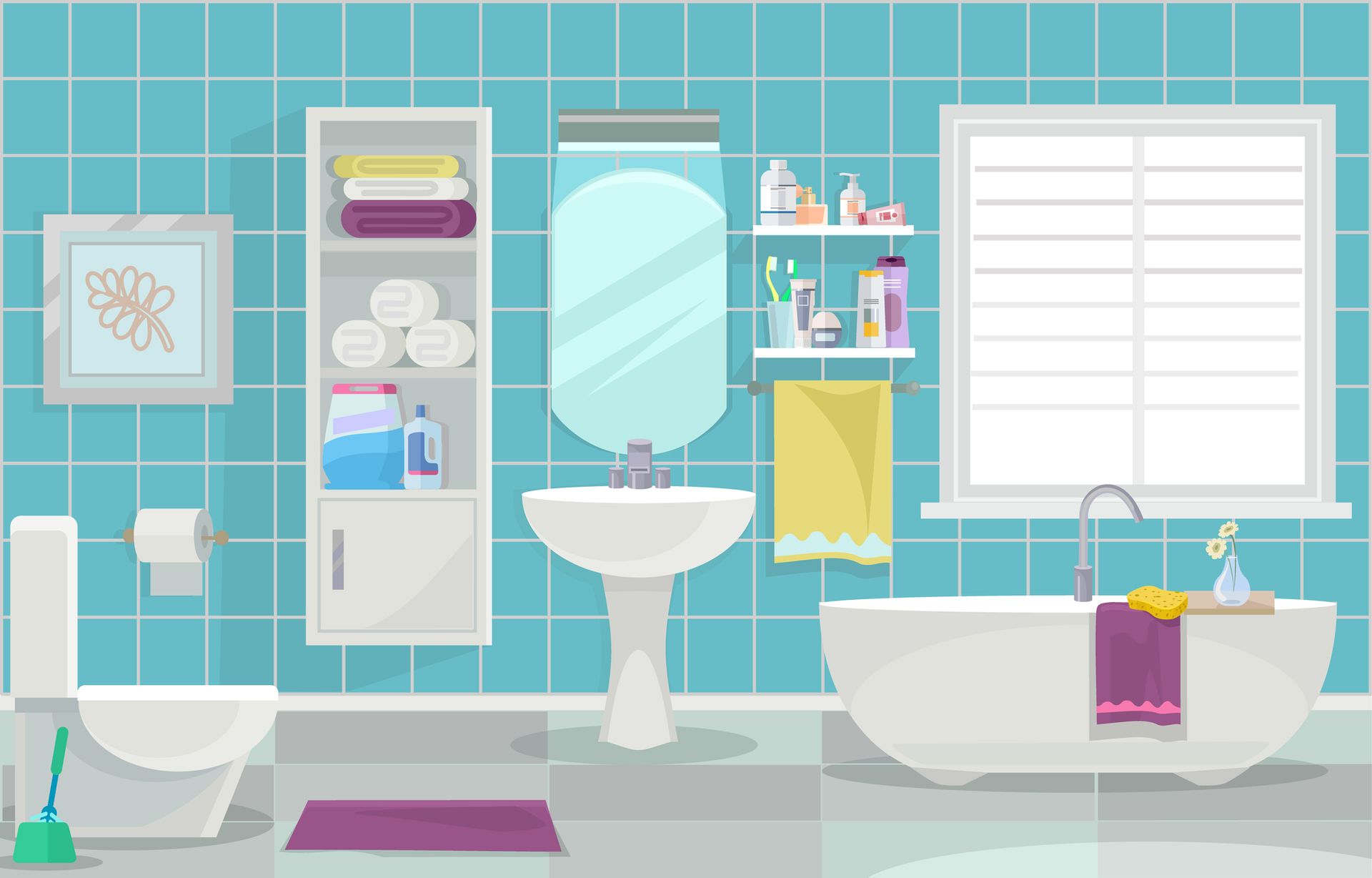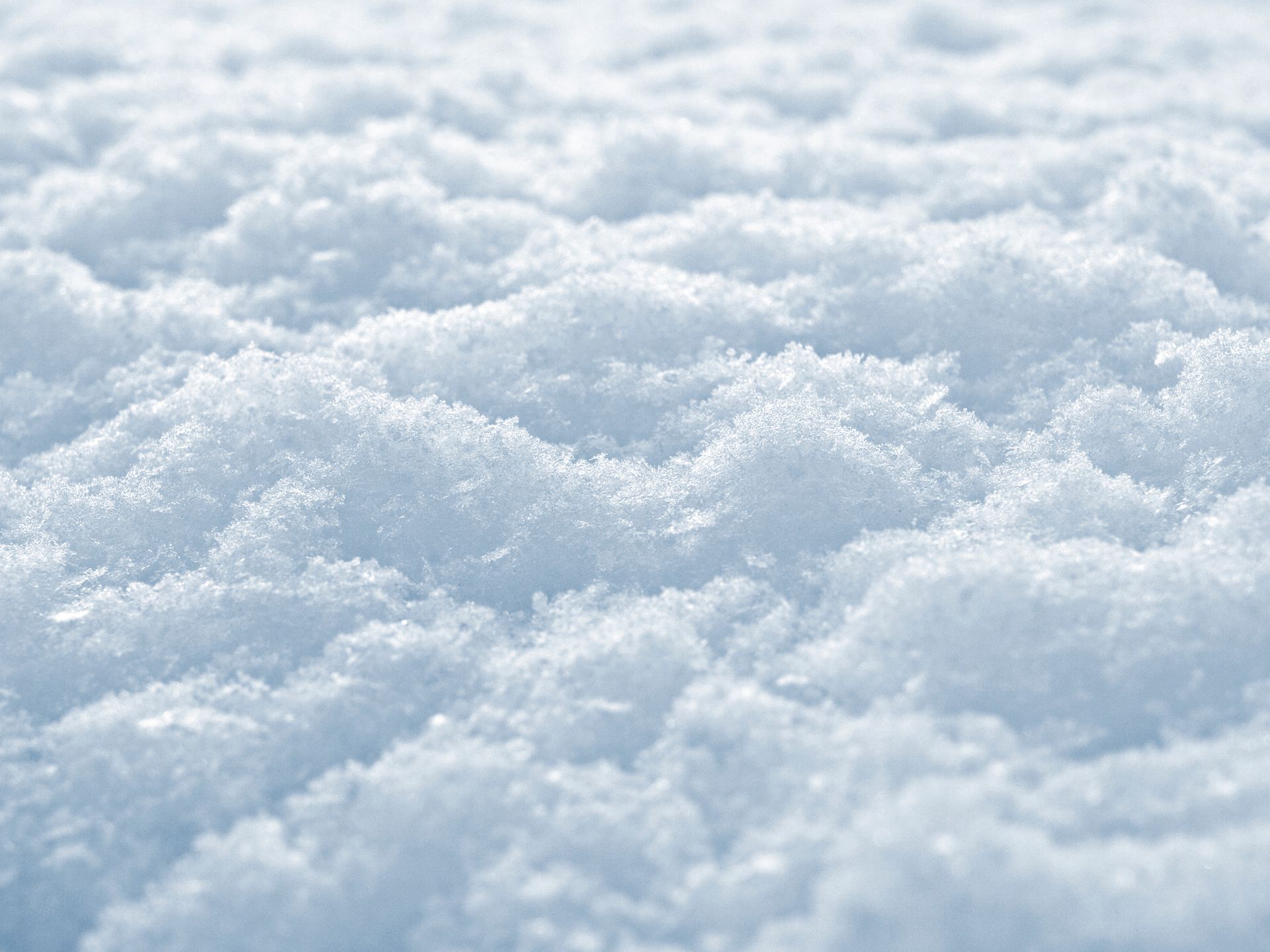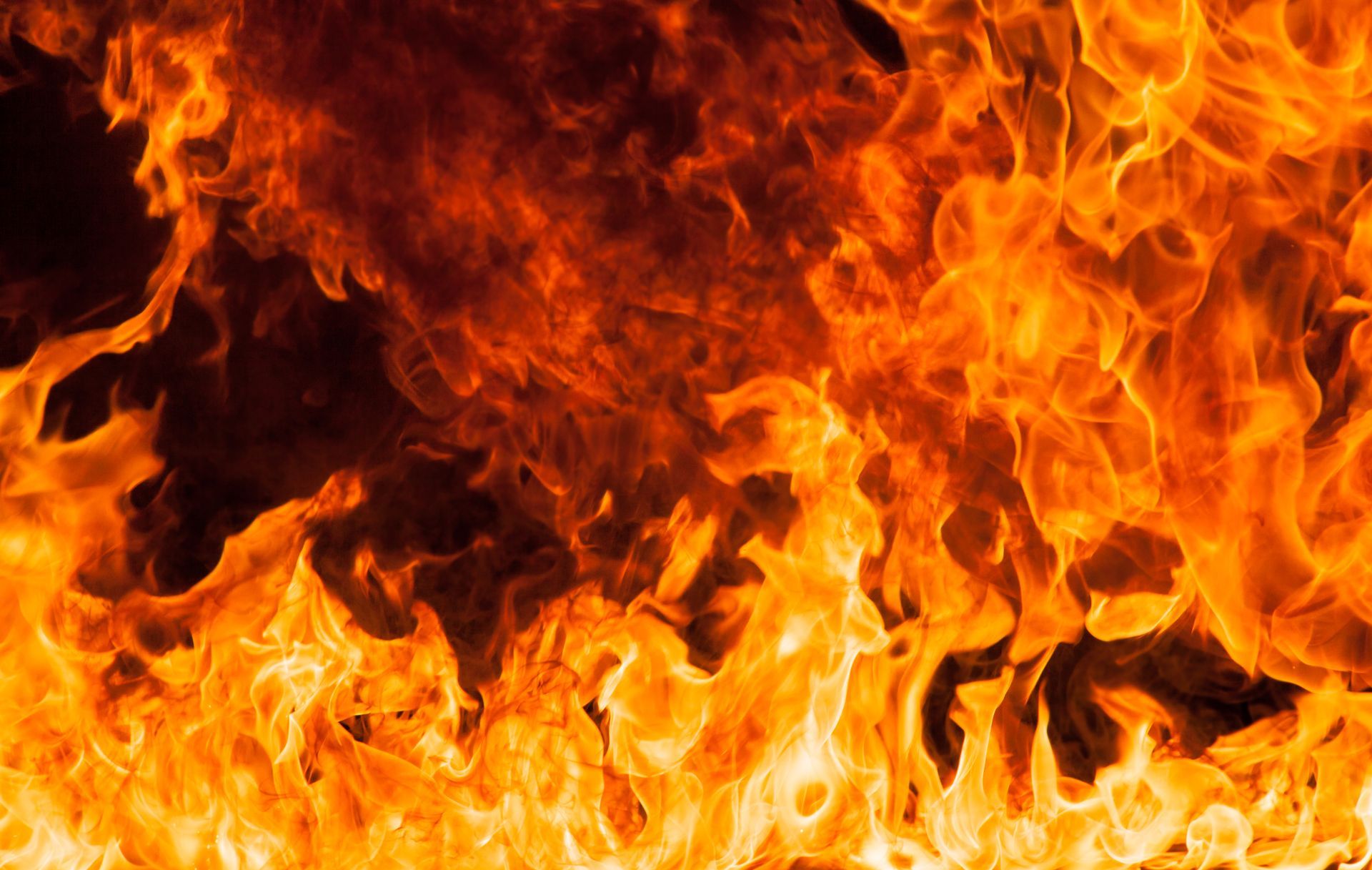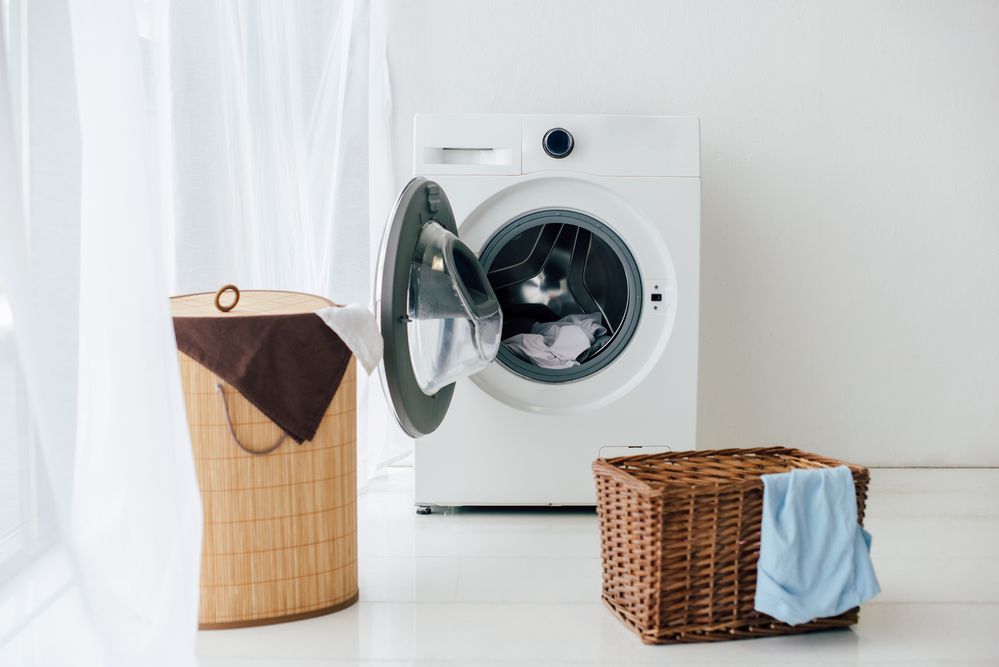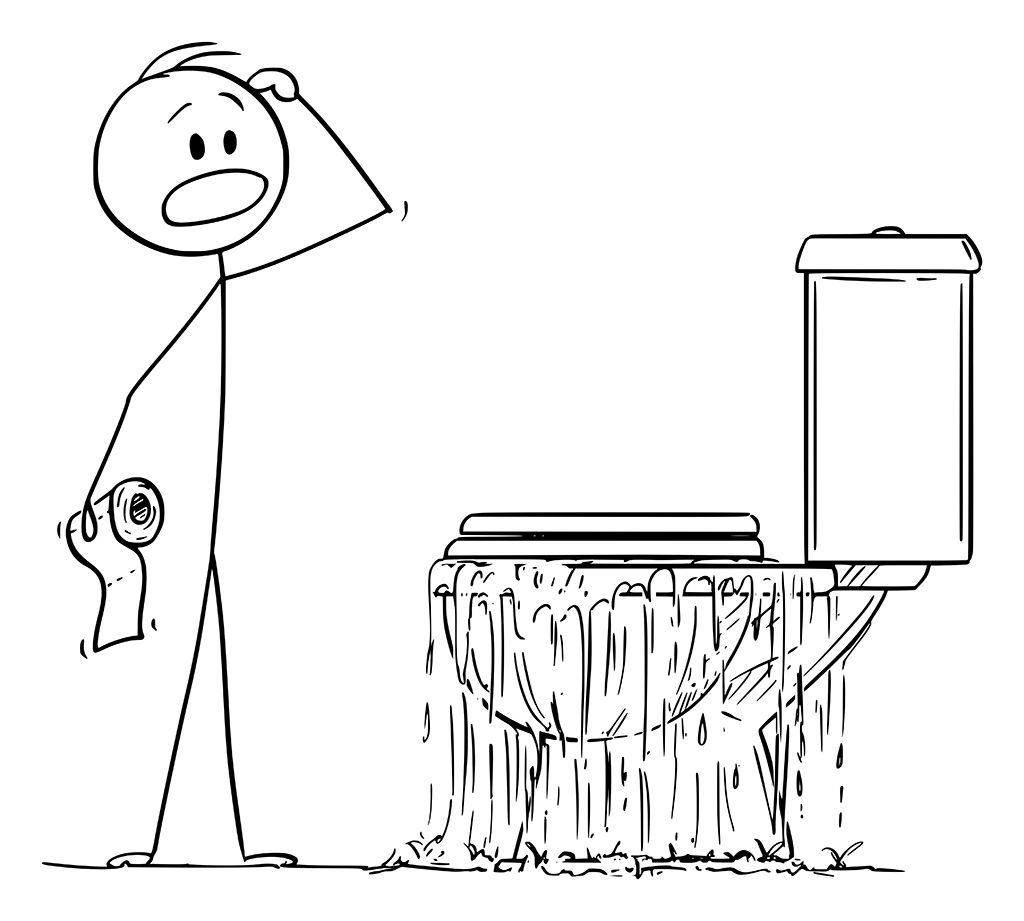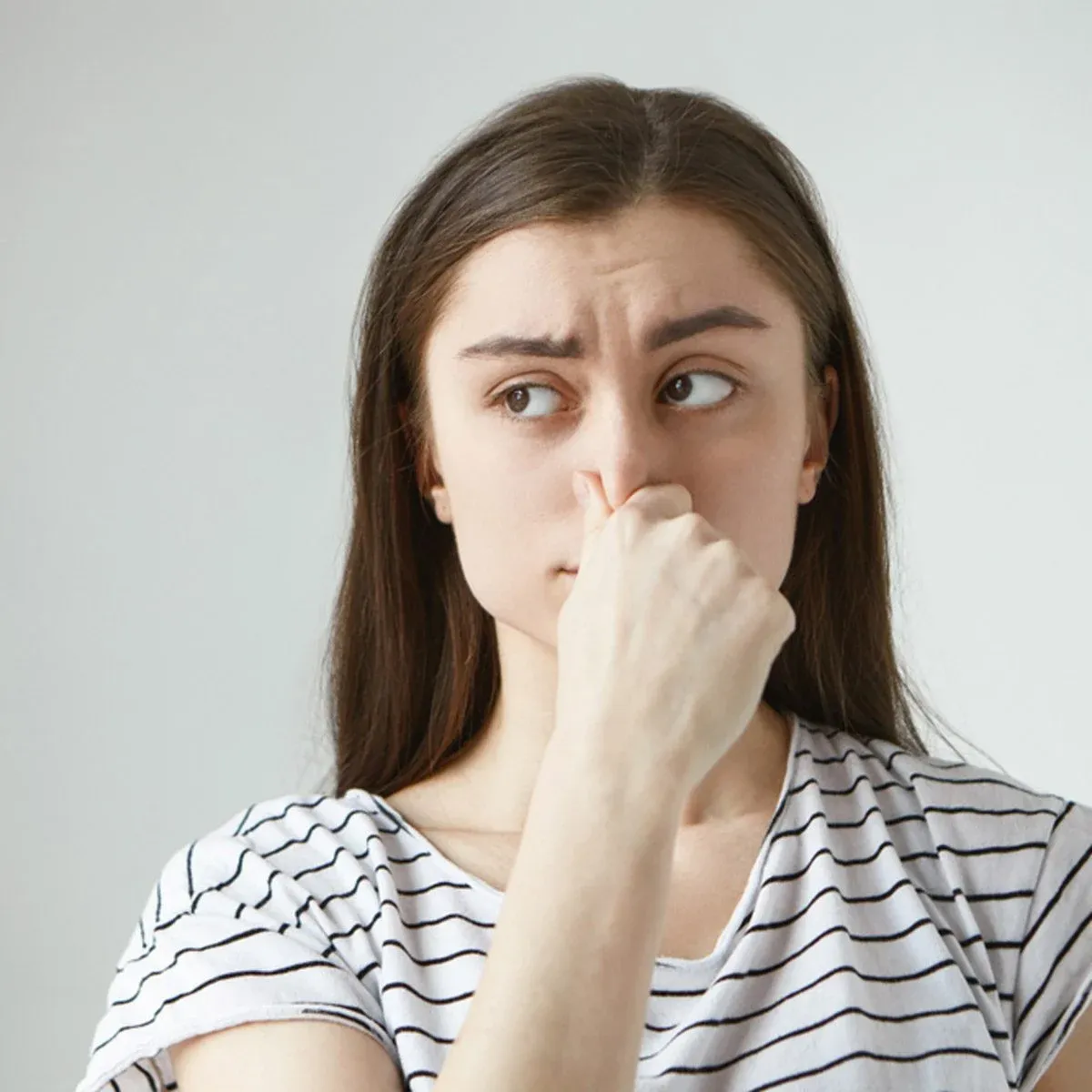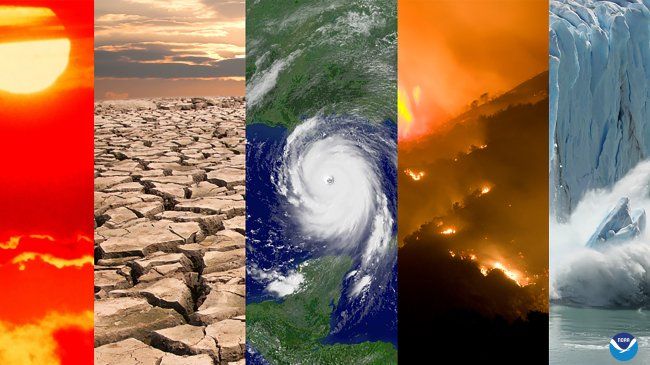Hidden Storm Damage
Fredrick, MD Hidden Storm Damage
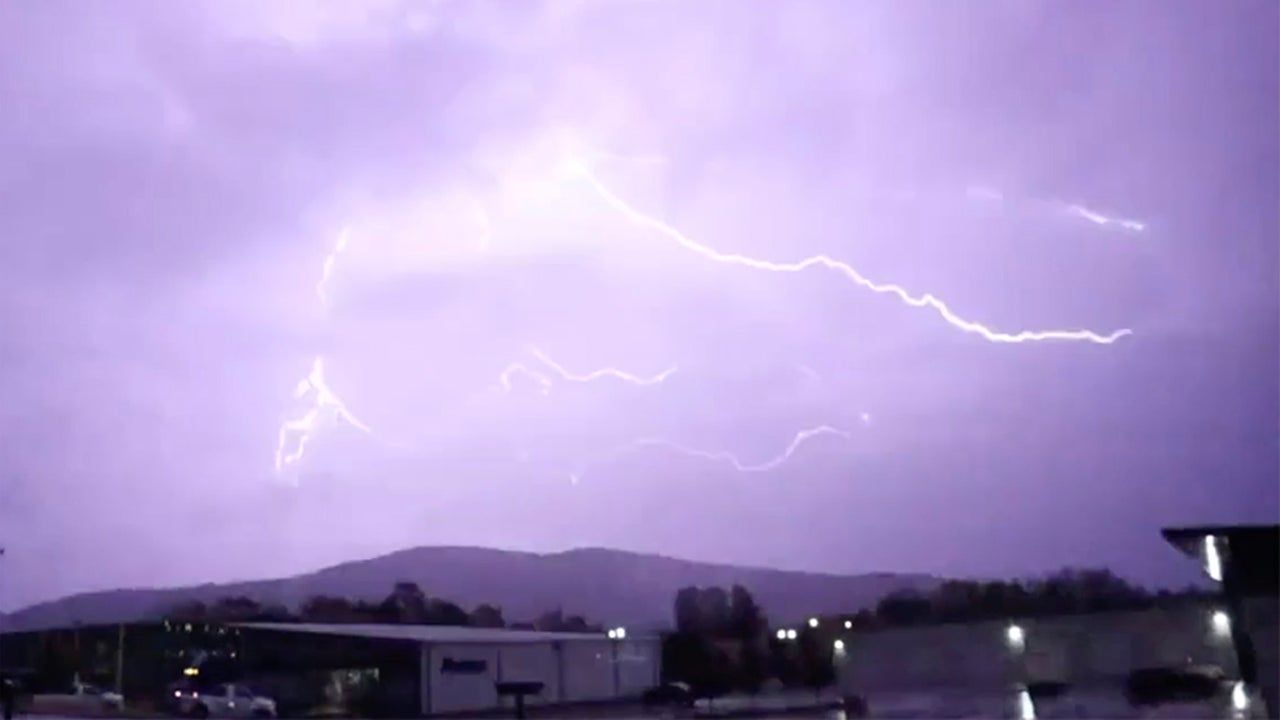
When a storm passes through Fredrick, MD, it usually leaves destruction and devastation in its wake - fallen trees, broken roofs, and shattered windows are just a few of the common signs of storm damage. While this sort of physical damage is obvious and demands immediate attention, another type of storm damage may lie undiscovered for a long time, gradually eroding the property's integrity and posing severe health and safety risks to the occupants.
Storms and other natural disasters can cause a wide variety of damage, from water contamination to animal displacement, which can be difficult to detect and fix. Ignoring any of them, on the other hand, might result in major problems and disastrous outcomes. During a natural catastrophe, you must rapidly discover and repair any hidden damage to ensure the protection of your property and the well-being of your loved ones.
Hidden Damage From a Storm
When inspecting your property after a disaster, it's easy to ignore little signs of hidden damage that might prompt you to take action and prevent severe issues. You must be aware of the most commonly overlooked forms of damage and safety hazards in order to quickly recognize potential threats and take proper actions.
Water Damage
Small leaks and mold growth are sometimes noticed until it's too late and your home has been severely harmed. Keep the following in mind when examining for storm damage:
- Any cracks or chips in the walls, roof, siding, stucco, fascia, window frames, screens, and other surfaces, no matter how little, can lead to water damage and leaking.
- If water gets into your home's crawl space, it can cause structural damage and mold growth if it isn't dealt with quickly.
- Mold may grow on wet building materials and damp household items over time.
Contamination
Agricultural and industrial waste, harmful microorganisms, excrement from sewage systems and septic tanks, and a range of other pollutants may be present in floodwater, posing a health risk to you and your family. As a result, all domestic surfaces and objects that have come into contact with floodwater must be completely disinfected, and any possibly contaminated food must be discarded. Flood-damaged mattresses, beds, carpets, plush animals, clothing, and other fabric goods should be thrown as well.
Remember:
- Never let your children or pets play in floodwater!
- Just in case, boil your water before drinking it.
Electrical Hazards
You and your family are at risk from downed power lines and electrical equipment exposed to flood water. Keep a safe distance from downed power lines (which are extremely dangerous and should always be treated as live) and switch off your home's power during a storm. Use battery-powered lighting and torches instead of candles until it is safe to turn on the electricity. Have your property's electrical system, household appliances, and electrical devices evaluated and repaired by a professional before using them again.
Wildlife
In the aftermath of storms, floods, and other natural catastrophes, spiders, sandflies, mosquitoes, and other insects are sure to multiply. Snakes, alligators, and other dangerous animals may be forced from their native habitats and find their way onto your property. So, in the aftermath of a disaster, use extra caution: do not let your children or dogs unsupervised outside, dress in long sleeves and pants, use personal mosquito repellent, and keep an eye out for wildlife hiding among the ruins. If you come across a snake or other potentially lethal animal, slowly back away and do not approach it. If you find one in your home, contact the animal control authority in your county and follow their instructions.
Call Restoration 1 of Fredrick if the damage is too severe, or if you're unclear if you'll be able to effectively repair your home. We know how to keep you safe while also quickly and effectively returning your home to its original condition. Furthermore, you won't have to worry about repair costs because your homeowner's insurance will cover the majority of them.

